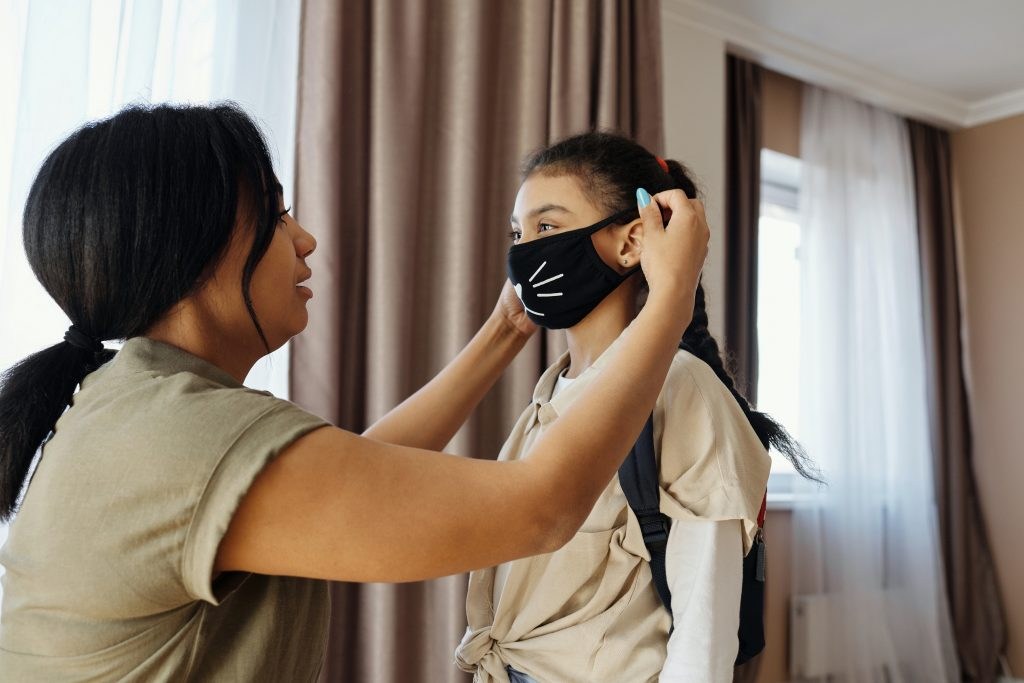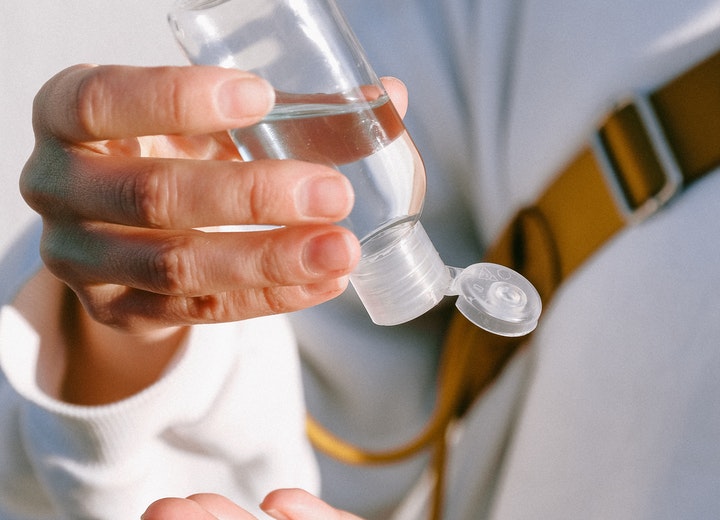The human metapneumovirus is one of the most common respiratory diseases that can lead to some of the most life-threatening illnesses for humans.
During the past years, the COVID-19 virus has demonstrated the severity of any disease that targets the lungs. What may seem like a common cough, sore throat, headache or diarrhea one day, could result in loss of taste, difficulty breathing, chest pain or death a week or two later.
Like the coronavirus, the metapneumovirus can be less deadly at first. However, if left untreated, it can lead to lung damage that would cause serious concerns.
Find out why metapneumovirus is deadly for children and adults with a weakened immune system, what its symptoms are and how it’s spread from individual to individual.
What is Human Metapneumovirus?
Human metapneumovirus (HMPV) is a virus that affects the respiratory system and can be caught by people of all ages. Infections can lead to mild cough and cold or mild upper respiratory tract infection to complications like bronchitis or pneumonia. In young children and the elderly, HMPV can lead to life-threatening illnesses and even death.
There is no specific treatment for HMPV, but most healthy individuals recover without any complications.
The HMPV is in the same family of viruses as respiratory syncytial virus or RSV and can cause similar symptoms.
HMPV was first identified in 2001, and since then, has been found to be a common cause of respiratory illness in children and adults around the world. It’s more common in children as it’s associated with up to 40% of respiratory tract infection-related diseases in hospitalized and outpatient children. However, an adult with a weak immune system is highly susceptible to the disease.
How is Human Metapneumovirus Transmitted?

HMPV is spread through contact with respiratory secretions, such as saliva, mucus, or blood, from an infected individual. It can also be spread through contact with contaminated surfaces, such as doorknobs, furniture or countertops.
Is human metapneumovirus contagious?
Yes. It is contagious. There are cases where HMPV can cause outbreaks of respiratory illness in schools, childcare centers, hospitals, and nursing homes. There is no vaccine available for HMPV, but there are vaccines that can help protect against RSV, which is a closely related virus.
HMPV can also be airborne, which means it can be spread through coughing or sneezing.
Human Metapneumovirus: Symptoms
The most common symptom of HMPV infection is a fever, which is often accompanied by a runny nose, coughing, and difficulty breathing.
In some cases, HMPV can also lead to pneumonia and bronchiolitis. Pneumonia is a serious lung infection that causes the lungs to fill with fluid. Bronchiolitis is a medical emergency that requires hospitalization. It is a lower respiratory tract infection that causes the small airways in the lungs to become inflamed and filled with mucus.
Other symptoms of HMPV infection include wheezing, shortness of breath, chest pain, and fatigue. In severe cases, HMPV can lead to respiratory failure and death.
Human Metapneumovirus: Treatment
There is no specific treatment for HMPV infection. Treatment focuses on relieving symptoms and supporting the respiratory system. As mentioned earlier, no FDA approved vaccine or therapy is available to prevent HMPV infection yet. The best medical professionals can do is manage the symptoms. Your physician can also suggest appropriate medication to control pain or fever.
Antibiotics are also used but this will depend solely on your physician’s recommendation and prescription.
However, good respiratory hygiene and hand-washing habits can help reduce the spread of the virus. Respiratory hygiene includes avoiding sneezing or coughing without covering your mouth or nose, avoiding close contact with people who are sick and washing your hands often.
When washing your hands, make sure to use soap, however, if you don’t have any other choice, you can then use an alcohol-based hand sanitizer. Alcohol-based hand sanitizers may not be as effective at killing HMPV, but they can reduce the spread of the virus if there are other alternatives aren’t available.
Metapneumovirus in Babies
Although metapneumovirus can occur in all age groups, it is highly associated with children below 2 years of age.
It takes up a considerable portion of hospitalizations for lower respiratory tract diseases in young children and babies.
Clinical symptoms include wheezing and severe lower respiratory tract diseases wherein the child will need to be hospitalized.
How Long is a Person with Human HMPV Contagious?
The duration for how long the person with human HMPV can remain contagious is unknown, but the incubation period should last a week. Expect the virus to be shed a week or two after a booster shot is received by the patient.
For a strong and healthy person, the virus can go away after a few days.
How is Human Metapneumovirus Diagnosed?
For any respiratory infection, the physician will complete a physical examination and will check the patient history. To diagnose metapneumovirus and make sure that it is the cause of the respiratory infection, the physician will have the patient go through a laboratory test.
Human Metapneumovirus: Prevention

Protect yourself, your children and others around you by knowing the facts and practicing the necessary precautions to stop the spread.
Here are some tips to lower the risk of contracting the virus:
- Always clean hands and have kids do the same
- Disinfect surfaces like tables and furniture regularly
- Clean your home regularly.
- Cover your coughs and sneezes with a tissue or sneeze inside your shirt
- Stay home if you feel unwell
- Be alert
- When you know that hMPV is going around, be conscious of any symptoms the people around you may have. If you have a child, pay close attention and monitor their behavior.
When to See a Doctor
If you or your child develop symptoms of HMPV, such as a runny nose, cough, or fever, it is important to see a doctor. Early diagnosis and treatment can help prevent serious complications. There is no specific treatment for HMPV, but your doctor may prescribe antiviral medication to help relieve symptoms. In severe cases, hospitalization may be necessary.




